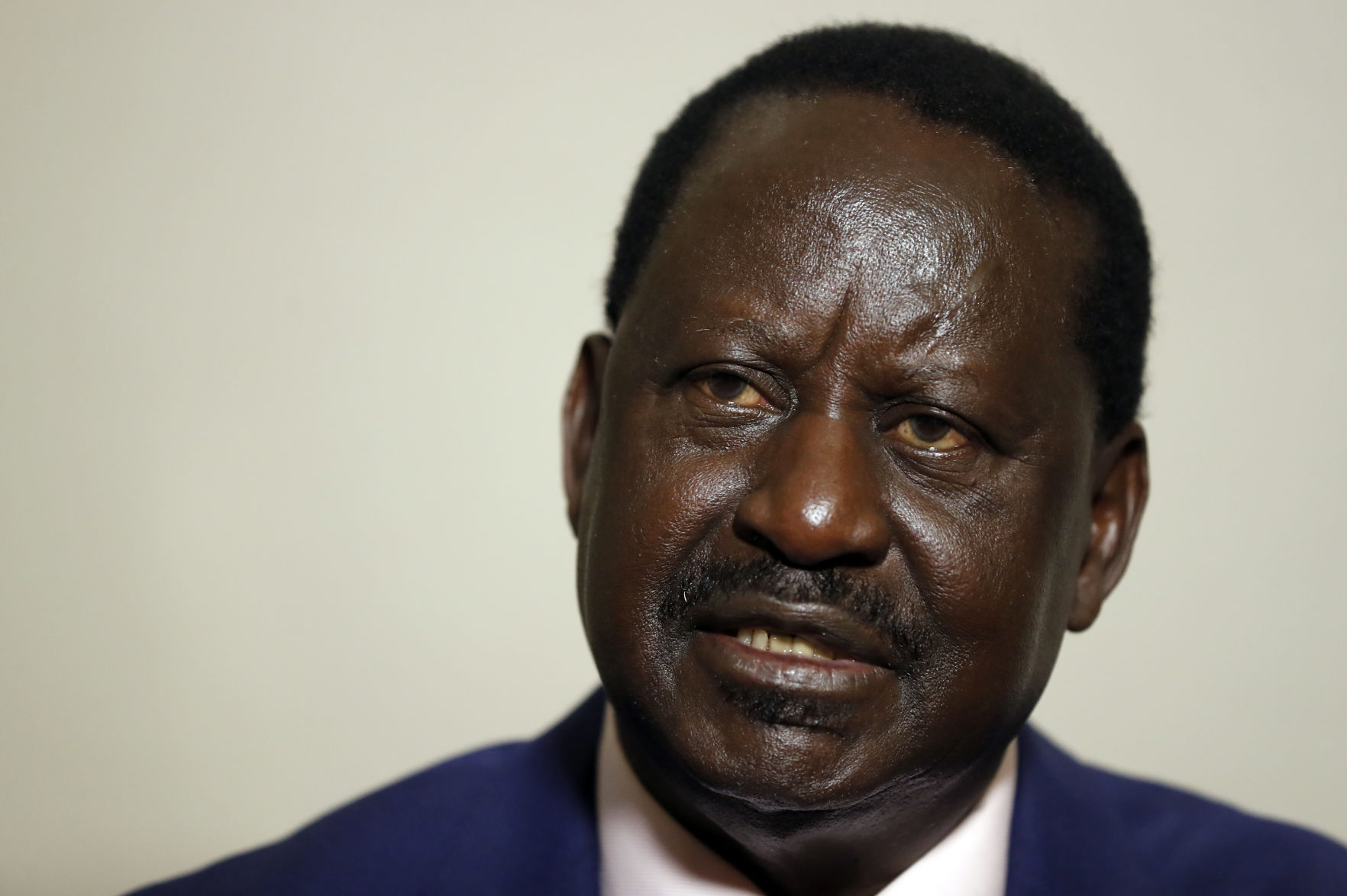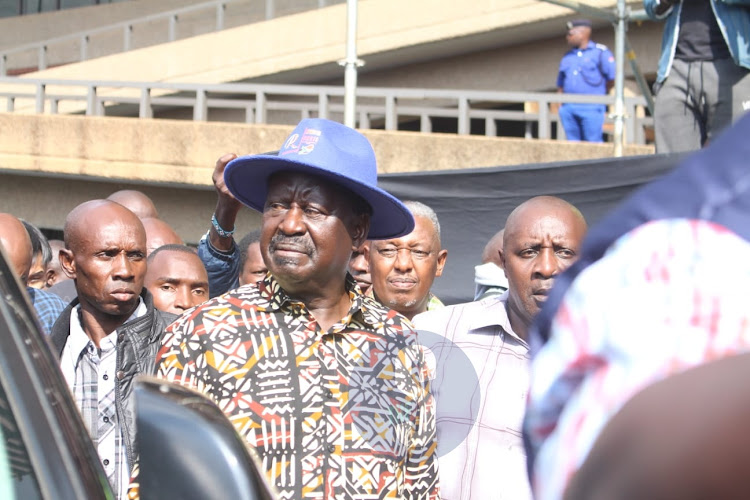
The inquest into why he failed to win for the fifth time is ongoing, but some close aides and allies have been slogging it out on social media.

• Hearts were broken and many still remain inconsolable as it dawned on them that the three decades’ quest to see an Odinga presidency had come to an end.
• Some say the campaign was blinded by hubris, others argue they underestimated Mr Ruto and failed to offer an effective message to neuter his captivating bottom-up economic promise.
In Summary
Some of Raila Odinga’s supporters had a long running joke about on-off phone calls they had with their tailors about an order, a special six-piece suit to be exact, for the inauguration, hoping the veteran politician would clinch the elusive presidency this time round.
The tailor was given the suit measurements ahead of the polls; it was cancelled after William Ruto was declared winner; the order was revived on the day Mr Odinga’s lawyers were presenting evidence challenging Mr Ruto’s win at the Supreme Court, but it was finally cancelled last week after the judges dismissed the petitions and upheld the results of the 9 August presidential election.
Hearts were broken and many still remain inconsolable as it dawned on them that the three decades’ quest to see an Odinga presidency had come to an end.
The inquest into why he failed to win for the fifth time is ongoing, but some close aides and allies have been slogging it out on social media.
Some say the campaign was blinded by hubris, others argue they underestimated Mr Ruto and failed to offer an effective message to neuter his captivating bottom-up economic promise.
But what made Mr Ruto’s victory truly stunning is how he, still serving as the deputy president, managed to run as an outsider and cast Mr Odinga, a doyen of opposition politics and a battle-hardened champion of democracy, as a “puppet” of the outgoing unpopular President Uhuru Kenyatta.
In his letter declining an invitation to attend Tuesday’s inauguration, Mr Odinga, without revealing details, promised to announce “the next steps as we seek to deepen and strengthen our democracy”.
Despite his supporters’ loyalty it would be difficult for him to rally them for yet another political cause that does not focus on fixing their immediate and pressing economic woes.
Many, grateful for Mr Odinga’s contribution in strengthening the country’s democracy, also seem to have moved on and may not be keen to relitigate results of last month’s election, which he still views as “indeterminate”.
If the 77-year-old is to remain active in politics he remains the best – if not the only man – who can give purpose to the opposition who seem to be in disarray at a time when the country urgently needs an organised and effective opposition capable of holding the government to account.
